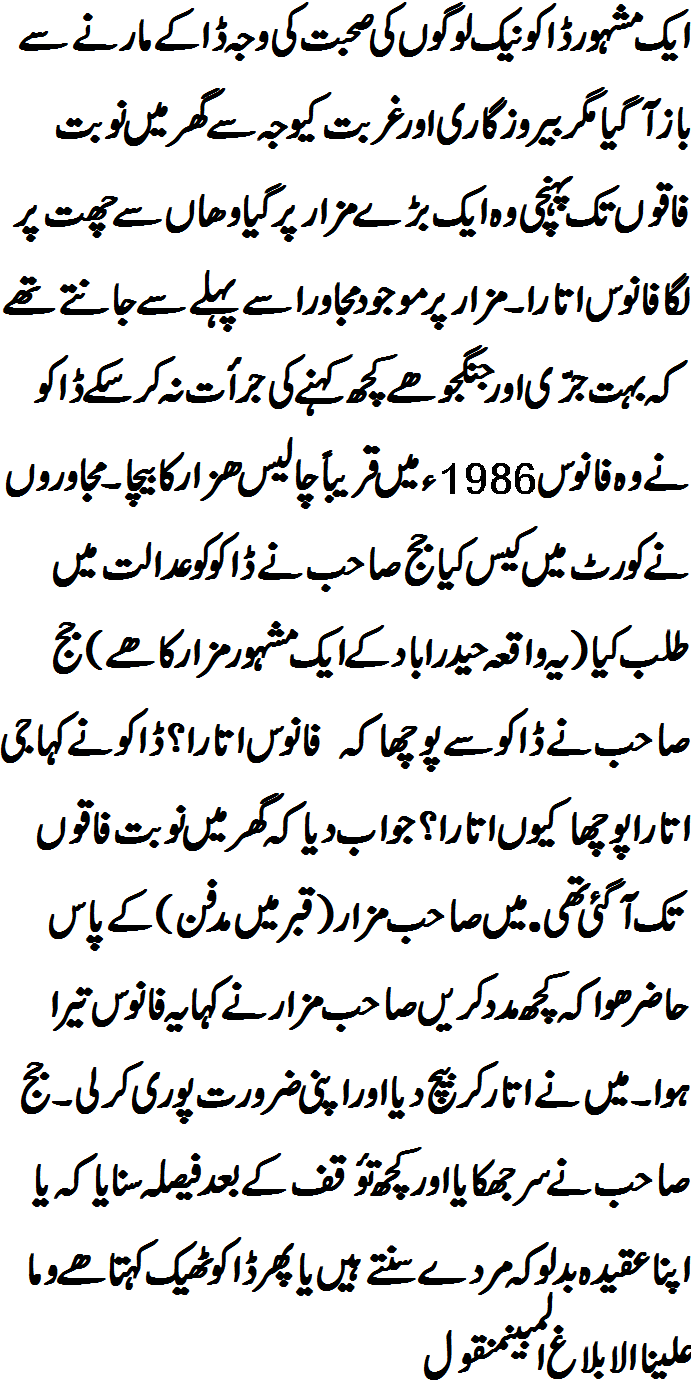How would you feel if someone told you to stop eating all the time? I imagine your response might be something unprintable in a family magazine. But what if they’ve got a point? Whether you want to hear it or not, research is showing that one of our biggest health issues is that we never stop eating.
Advertisement
Not so long ago, we were advised it was healthier to ‘graze’ in order to prevent blood sugar peaks and troughs. Now everyone is talking about ‘intermittent fasting’ or ‘time-restricted eating’ (eating dinner early and breakfast late, with a 12-16 hour ‘fast’ in between).
Is this the simplest weight-loss plan ever? ( Urdu )
simplest weight-loss plan ever
When bloating, cramping, and heartburn strike, it’s difficult to not feel guilty for indulging in that one last piece of chicken tikka on the table.
Walnuts Reduces Risk of Heart Disease and Lowers Cholesterol Levels
Safed Baal
New Scientist recently extolled a ‘longevity diet’ that recommends fasting and every health guru from the measured (Dr. Rangan Chatterjee) to the more woo-woo (Gwyneth Paltrow) is doing it. So what’s changed? It’s all down to awareness around insulin levels, which leads us to the science bit…

‘Constantly elevated insulin levels interfere with leptin, the hormone that provides a feedback mechanism to tell your brain that you’re full,’ explains Dr. Andrew Jenkinson, bariatric surgeon and author of Why We Eat (Too Much). ‘It’s like the fuel gauge on your car.
‘You panic when you see it’s flashing on empty. But the problem is not that the tank is empty, it’s that the gauge is broken. The Western culture of snacking on sugar, highly refined carbohydrates and processed foods mean insulin levels never go down.’
This jargon around hormones and blood sugar levels can be overwhelming, so allow me to introduce the simplest dietary concept ever: the SEAT plan (stop eating all the time). You don’t need to count calories or buy ‘diet’ versions of foods.
Now when I walk past the fridge and reach for the cheese, I tell myself: stop eating all the time. When I smell croissants in the bakery, I think: stop eating all the time. Try it. Your secret health weapon can be as easy as changing the way you think.
If that sounds like deprivation, the way I see it is this: food should be delicious and enjoyed to the full, ideally with other people. For me, that means mealtimes. Snacks are often thrown back mindlessly, in a state of boredom or stress. So, although I’ve ditched the snacks, I’m still enjoying good food every day – and actually enjoying it more because I’m hungry by dinnertime. It’s common sense, and it’s the only diet that’s easy to stick to – because it’s not a diet: it’s a mindset.
Dr. Jason Fung, author of The Obesity Code and The Complete Guide to Fasting, says this simplicity is at the heart of why fasting works. ‘It’s easy to understand,’ he explains. ‘It’s also convenient, so you save time and simplify your life. And it’s flexible: you are always in control of how and when you fast. You can fast more if you need to lose weight, and less if you’re on holiday
